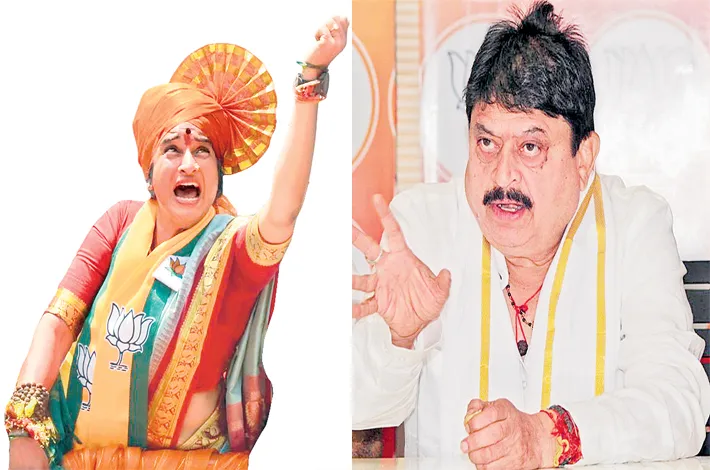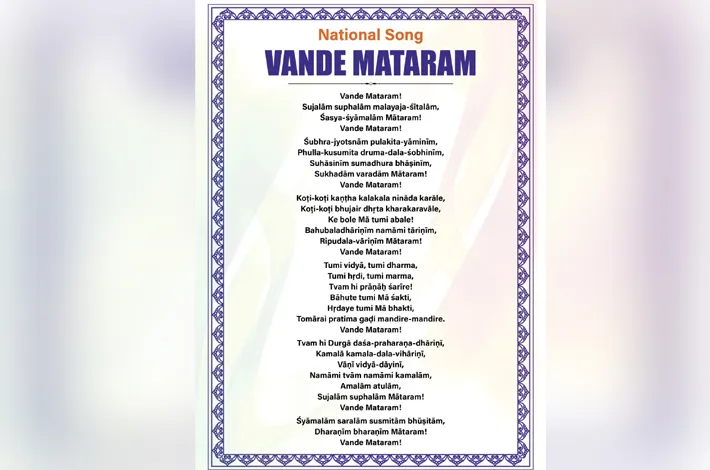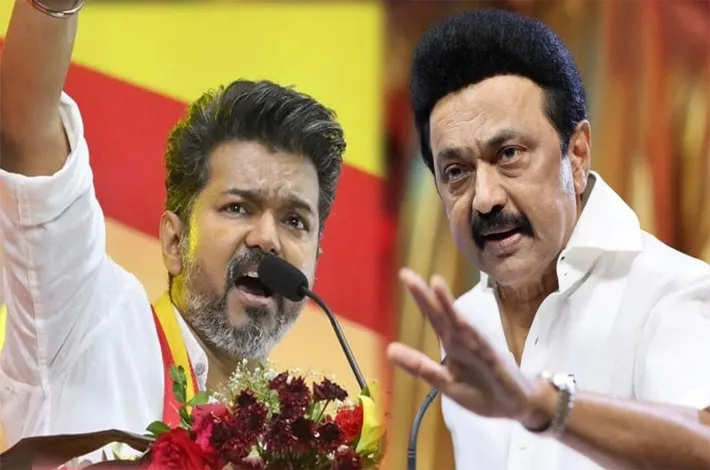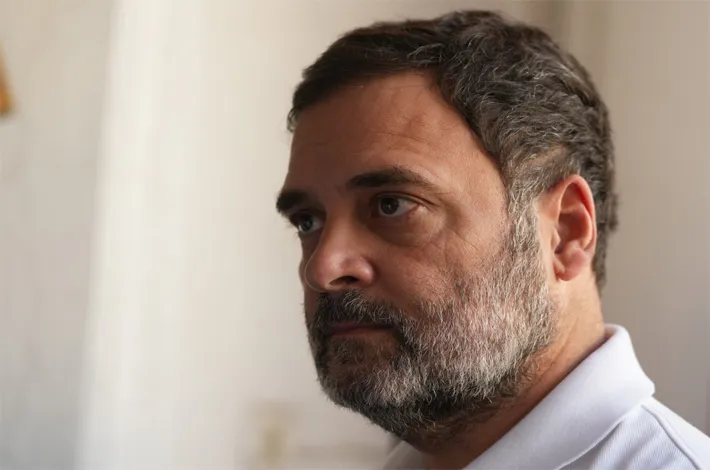Faith flattened for corporates?
13-08-2025 12:00:00 AM

■ Land Mafia trying to grab govt land in Banjara Hills
■ Century old Peddamma Temple demolished under pretext of illegal construction
■ Hindu organisations allege the land would be sold to corporates
■ The Temple can be traced to Maharaja Kishan Pershad, a former Prime Minister in the Nizam’s Court
metro india news I hyderabad
A storm of controversy has erupted in Hyderabad, following the demolition of a historic Peddamma Temple in the upscale Banjara Hills area. The temple, believed to be centuries old and situated on an eight-acre plot of land valued at hundreds of crores, was razed by the state government under the pretext of it being an “illegal construction.” Hindu organizations and the Bharatiya Janata Party (BJP) have accused the Congress-led Telangana government of orchestrating the demolition to facilitate the sale of the prime property to corporate entities, sparking widespread protests and allegations of religious persecution.
The temple, located on Road No. 12 in Banjara Hills, is said to trace its origins to the descendants of Maharaja Kishan Pershad, a former Prime Minister in the Nizam’s Court. The land, estimated to be worth hundreds of crores per acre, has been at the center of civil disputes for decades, with court records indicating that illegal sales of the property occurred in the 1980s. Despite ongoing litigation in various courts, the Telangana High Court had previously directed petitioners to approach civil courts for resolution, refusing to entertain further cases on the matter. However, the sudden demolition of the temple and the leveling of the entire eight-acre plot have raised serious questions about the government’s motives.
Hindu organizations, including the Vishwa Hindu Parishad (VHP), Bajrang Dal, and the BJP, have condemned the Congress government’s actions as an “autocratic” move to seize the land for commercial gain. “The Congress party promised to protect Sanatana Dharma before coming to power, but their actions reveal their true colors,” said a BJP spokesperson. “This is nothing but a blatant attempt to forcibly occupy the land and auction it to big corporates.” The VHP went further, alleging that the demolition was carried out to “appease Muslims” at the expense of Hindu religious sentiments.
The demolition has ignited widespread outrage among local residents and Hindu devotees, particularly after reports surfaced of police preventing women from offering Bonam (traditional offerings) to the deity during the Bonalu festival. BJP leader Madhavi Latha, a vocal critic of the Congress government, lashed out at Chief Minister Revanth Reddy, accusing his administration of suppressing Hindu rights. “Is it a sin to be born a Hindu in Telangana?” she asked during a fiery press conference. “Women devotees were prevented from offering their Bonam to Ammavaru, and false cases were filed against them. This is an all-time high in the oppression of Hindus under Congress rule.”
Latha vowed that the BJP would continue its agitation until justice is served. “No amount of arrests, police brutality, or lathicharges will stop us,” she declared. “Just as the people drove the British out of India, we will drive Congress out of power in Telangana. We will ensure a grand temple is rebuilt at the same site where it was demolished.”
The protests have been met with a heavy-handed response from the authorities. On the day of the planned Kumkumarchana ritual at the site of the demolished Peddamma Temple, approximately 1,200 police personnel were deployed to prevent VHP and BJP activists from gathering.
Several activists were arrested and shifted to police stations in Bowenpally and Karkhana, while prominent leaders from the BJP, VHP, and Bajrang Dal were placed under house arrest. The police’s actions, particularly their treatment of women devotees, have drawn sharp criticism from the public and opposition groups.
VHP State Joint Secretary Chintal Venkanna, along with State Pracharpramukh Pagadakula Balaswamy and Dharma Prasad Co-Convenor Subhash Chander, issued a joint statement condemning the government’s tactics. “The Congress government is using police highhandedness to terrorize people and suppress their voices,” they said. “Demolishing temples to please a particular community is a dangerous precedent. We will not rest until justice is delivered.”
The BJP and Hindu organizations have demanded an investigation by a sitting judge into the demolition and have called for transparency regarding the government’s plans for the land. “Why is the government silent on whether this land will be turned into a real estate venture?” asked a VHP spokesperson. “If they have no such plans, why the secrecy and haste in demolishing a sacred site?”
The controversy has also reignited debates about the state’s handling of religious sites and land disputes. The eight-acre plot, located in one of Hyderabad’s most affluent neighborhoods, is a prime target for real estate development, with land prices in Banjara Hills soaring to unprecedented levels. Critics argue that the government’s decision to demolish the temple while legal disputes are still pending in court reflects a broader agenda to prioritize commercial interests over cultural and religious heritage.
The Congress government, for its part, has defended the demolition, labeling the temple an “illegal structure” and citing the need to clear encroachments from government land. However, this explanation has done little to quell the anger of Hindu organizations and devotees, who see the move as a direct attack on their faith. The government’s refusal to engage with protesters or provide clarity on the future of the land has only fueled suspicions of ulterior motives.
As protests continue to gain momentum, the BJP and VHP have vowed to escalate their agitation, with plans for larger demonstrations in the coming weeks. “This is not just about one temple,” said a Bajrang Dal leader. “It’s about protecting our heritage and ensuring that the voices of Sanatana Dharma are not silenced in Telangana.”
The demolition of the Ammavari Temple has cast a shadow over the Congress government’s tenure, raising questions about its commitment to religious harmony and cultural preservation. With public anger showing no signs of abating and legal battles looming, the controversy is likely to have far-reaching implications for Telangana’s political landscape.
As the state braces for more protests, the question remains: will the government address the concerns of Hindu organizations and provide clarity on the future of the disputed land, or will the standoff deepen the rift between the ruling party and the state’s Hindu community? For now, the site of the demolished temple remains a flashpoint, a symbol of the growing tension between development and devotion in one of India’s fastest-growing cities.








